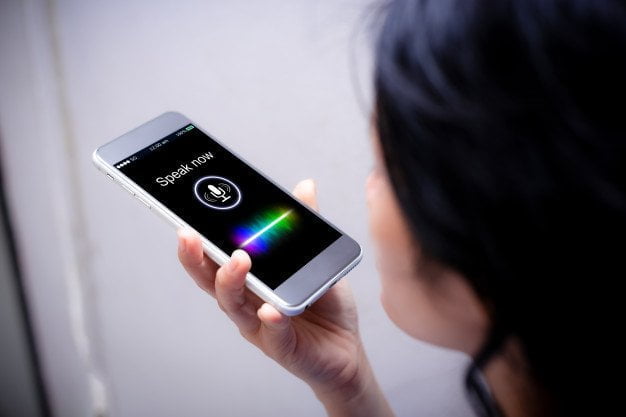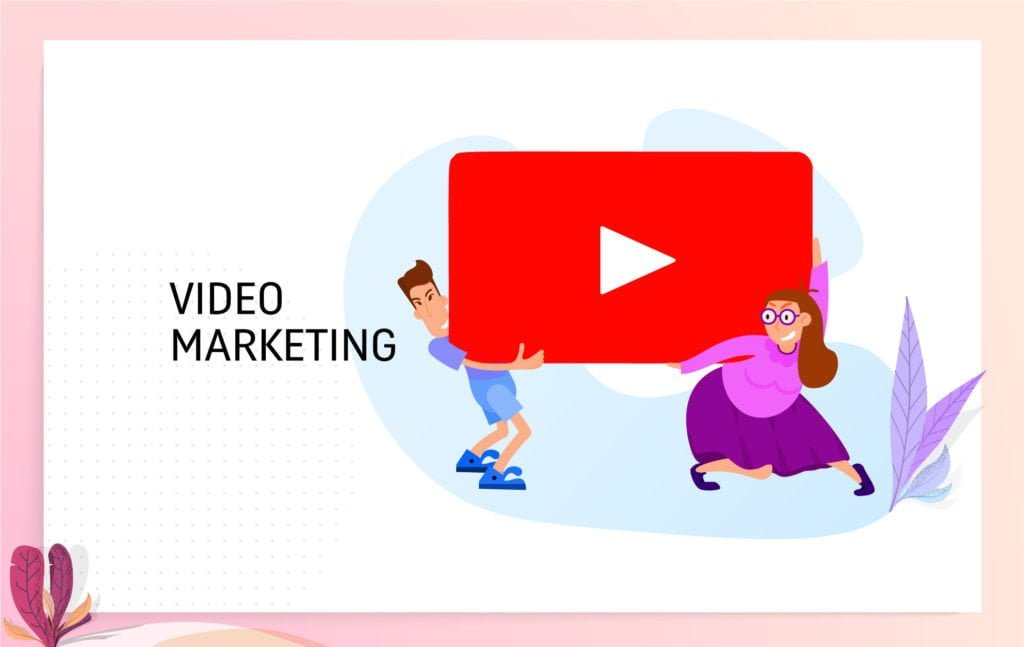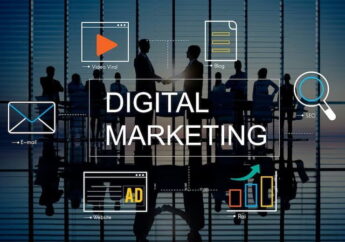5 Travel Digital Marketing Trends you can Capitalise on
by Mashum Mollah Marketing Published on: 20 May 2019 Last Updated on: 30 November 2020

Digital marketing is as competitive as ever, especially for the travel industry. There are new specialisms and strategies cropping up all the time, making it hard for brands to stay on top. But for those with their eye on the next big thing, it offers the opportunity to ride the wave of new trends and technology to drive more sales than ever.
Here we’ll take at some of the digital marketing trends you simply can’t ignore in 2019.
1. Voice Search:

Although it’s been around for a couple of years, voice search is still in its infancy. However, according to Comscore, 50% of all search queries will be voice-based by 2020. This is a huge leap from where we are now, and it’s a trend that cannot be overlooked by travel marketers.
The current big players in voice-activated devices are smart speakers like Amazon Alexa, Google Home, and Apple Homepod, and smartphones like Siri and Google Assistant. There are some significant differences to keep top of mind, as most of the smart speakers do not have screens so will not return written search results.
The proliferation of these affordable devices is only increasing, fuelling the increase in voice-activated search.
Brands need to consider the difference between traditional searches and those done in natural language. For example, where someone may have previously searched for ‘cheap flights Sicily’, they may now ask Siri to ‘show me the best-value flights to Sicily’. A subtle but vital difference when creating and optimizing content for SEO.
This new discipline – voice engine optimization – requires a focus on more long-tail keywords, as users will be more likely to be more specific when asking a question. To take advantage of this, the focus should be on more specific, targeted content.
2. Augmented and Virtual Reality Marketing:
Something that’s made possible by technological advances and popularised by filters in apps like Snapchat and Instagram, virtual and augmented reality is something that lends itself perfectly to travel marketing. It can be used to transport the user into a completely new destination, transforming the theoretical into (virtual) reality.
While retailers can use augmented reality ads to let consumers try before they buy, travel marketers could use the technique to enable potential travelers to imagine themselves in a luxurious setting.
They can also take advantage of the popularity of augmented reality in the social platforms mentioned above, sponsoring filters that consumers will snap and then share among their friends (this would require a significant budget, of course).
It’s another trend that is only expected to get more popular. Statista predicts that the size of the AR and VR market is set to reach $192 billion worldwide by 2023.
3. Chatbots:

To take the legwork out of customer service, look no further than chatbots. It’s another technology that isn’t brand new but continues to evolve, and it’s estimated to be able to save businesses more than $8 billion per year by 2022.
Travel businesses are inundated with standard, repetitive customer questions like ‘What time is my flight?’, ‘When do I have to check out?’, ‘Do the rooms have a TV? and so on.
Rather than paying a person to answer these questions, instead, you can field them using a bot. The bot can be primed to answer the right questions and even use emojis to make the conversation sound more natural (providing this fits with your brand).
It’s something that can really help businesses without the resource to keep answering the same questions. And remember, if the questions are too complicated you can still give customers the option to speak to a real person to save them getting frustrated.
4. Content Marketing:

We know this isn’t a new trend but it’s definitely one you can’t ignore. It’s surprising how many people think that SEO is still about keyword stuffing and paying for links, and that content marketing is just posting to their blog once a month.
When done properly, content marketing is by far the most cost-effective marketing strategy, improving SEO performance while at the same building brand awareness, customer loyalty, and increasing on-site conversions.
Travel marketing agency Ad-Rank harnessed the power of content to increase the number of referrals for holiday retailer cruisedeals.co.uk by 2,129% with just one PR campaign, demonstrating just how effective the channel can be.
5. Video marketing:

Although a sub-section of content marketing, the demand, and effectiveness of video marketing deserves its own spotlight. As many as 43% of web users want to see more video content from the brands they love as it gives them added insight into products and services.
It couldn’t be better suited to the travel industry, as the huge range of stunning destinations, exhilarating experiences, and delicious food and drink is just waiting to be showcased in HD video. There are many channels to share it on, with the popularity of YouTube, videos on Facebook, and Instagram TV only giving more prominence to video.
If you haven’t started creating videos yet, what are you waiting for? The barriers to entry have never been lower.
Digital marketing never stands still, so your business can’t either. Travel marketers are always looking for the next trend that can help them to move ahead of their competitors and ensure consumers book with them. It’s never been more crucial to look ahead to emerging marketing techniques to make sure you’re there for the ride.
Read Also:







































































































